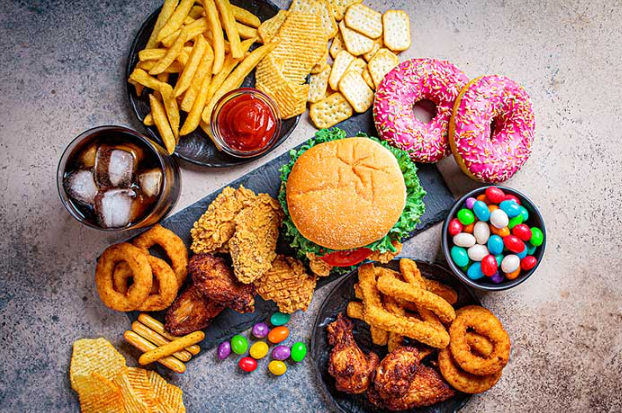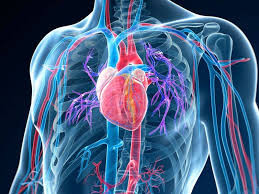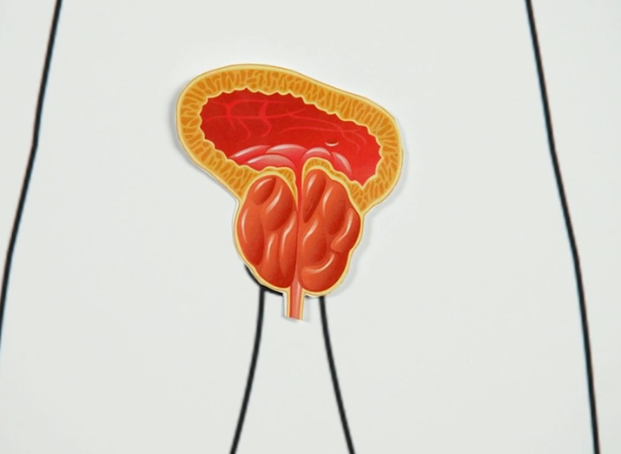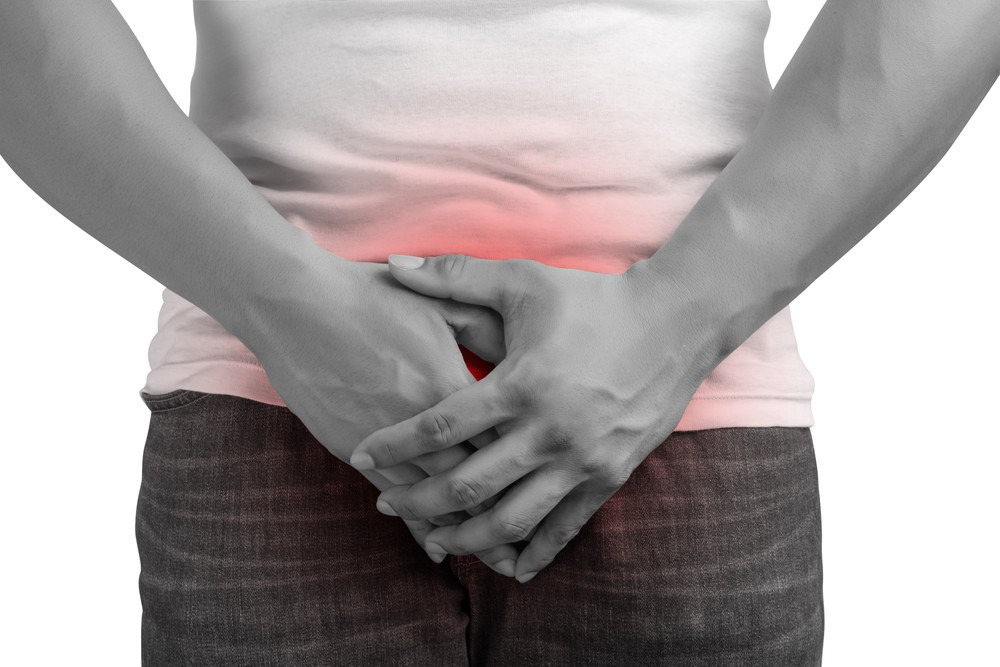Ultra-processed foods – which contain ingredients such as artificial colours and flavours, preservatives and emulsifiers – can be dangerous if not eaten in moderation. And some favourites could end up costing you minutes of your life. A hot dog could shave off 36 minutes – and if you drink it with a coke, that’s another 12 minutes gone.
Earlier this year, the British Medical Journal (BMJ) found that high consumption of UPFs is associated with a 50% increased risk of cardiovascular disease-related death, a 48-53% higher risk of mental health issues including anxiety, and a 12% greater risk of type 2 diabetes. Higher UFP intake was also linked to a 21% greater risk of death (from any cause), obesity, a 40-66% greater risk of heart disease, sleep problems, and a 22% higher chance of depression.
Other related health conditions include asthma, high cholesterol, and gastrointestinal issues. Of course, UFPs are okay to eat in moderation, but doctors still recommend healthier foods such as fruits, healthy carbs, and vegetables.
Ultra-processed foods have been linked to more than 30 different health problems, including heart disease, cancer and anxiety. In the UK, over half the calories in people's diets come from ultra-processed foods, and they are becoming increasingly common around the world.
There is no single definition of ultra-processed foods, but in general they contain ingredients not used in home cooking. Many are chemicals, colourings and sweeteners, used to improve the food's appearance, taste or texture.
How are ultra-processed foods different to processed foods?
To help people identify different types of food, a system dividing them into four groups is often used.
- These are unprocessed and minimally processed foods; processed ingredients; processed foods and ultra-processed foods.
- Processed foods are a combination of whole foods – such as fruits, vegetables, nuts and eggs - and processed culinary ingredients.
- For example, bread made from wheat flour, water, salt and yeast is a processed food.
- However, if emulsifiers, colourings or preservatives were added, the bread would be ultra-processed.
How can I recognise ultra-processed food?
A product containing more than five ingredients is likely to be ultra-processed, according to public health expert Prof Maira Bes-Rastrollo of the University of Navarra in Spain.
Ultra-processed foods are often high in salt, sugar and saturated fats. In the UK, look out for a "traffic light" label on the packaging.
It could be "fresh food" but have a long shelf life, because of preservatives. Check the labels for ingredients like sodium benzoate, nitrate and sulphite, BHA and BHT.
Is eating ultra-processed food bad for you?
There is no definitive evidence about the health impact of eating ultra-processed food. However, a recent study in the British Medical Journal- based on information from 9.9 million people worldwide – linked them to:
- a higher risk of death from cardiovascular illnesses (such as heart attack and stroke)
- obesity
- type 2 diabetes
- sleep problems
- anxiety and depression
However, the study could not prove it was the processing of food that caused the illnesses, or simply the fact that most of them are high in fat, sugar and salt. These are a known cause of weight gain, type 2 diabetes, heart disease and some cancers.
How much ultra-processed food is eaten in the UK?
People in the UK are among the biggest eaters of ultra-processed food. In 2023, it made up 57% of calories consumed by the average adult, and 65% for children.
The most commonly eaten ultra-processed foods in the UK are:
- factory-made bread (11% of calories in a typical diet)
- pre-packaged meals (8%)
- breakfast cereals (4%)
- sausages and other reconstituted meat products (4%)
- confectionery (4%)
- biscuits (4%)
- pastries, buns and cakes (3%)
- factory-made chips and fries (3%)
- soft drinks, fruit drinks and fruit juices (3%)
- salty snacks including crisps (2%)
- sauces, dressings and gravy (2%)
How have ultra-processed foods affected UK health?
There is evidence that ultra-processed foods are linked to being overweight or obese, although it is not conclusive. Not all ultra-processed foods are unhealthy.
One in five children aged 10 and 11 are obese, according to the NHS.
In 2021, 38% of adults were overweight, and 28% obese.
"Weight gain is the first and most obvious effect of eating ultra-processed food," says Dr Chris van Tulleken, an immunologist from University College London, who has also written about nutrition.
"These foods are already high in fat, salt and sugar. But they are also designed - through their textures, colours and flavours - to be eaten in excess."
Children from poorer households are thought to eat more ultra-processed food than others.
"In lower-income families, parents tend to give children food that they know they're going to eat, so it doesn't go to waste," says Dr Duane Mellor of the British Dietetic Association.
How have ultra-processed foods affected countries worldwide?
Across the world, people have been swapping traditional diets for ultra-processed food. In South Korea, Japan, Malaysia, Brazil and Chile, for example, it makes up 20 - 30% of people’s calorie intake.
In South Africa, the figure is 39%.
A study by Imperial College London suggests that more than one billion people worldwide - about one in eight – are obese.
It says that among children and adolescents, the rate of obesity increased five-fold between 1990 and 2022. It more than doubled for women and nearly tripled for men.
And the most recent data from the World Health Organization (WHO) and the Global Health Observatory, from 2016, says that over 28% of adults in the Americas are now obese, as are 26% in Europe, 19% in the E
Ultra-processed foods – which contain ingredients such as artificial colours and flavours, preservatives and emulsifiers – can be dangerous if not eaten in moderation. And some favourites could end up costing you minutes of your life. A hot





